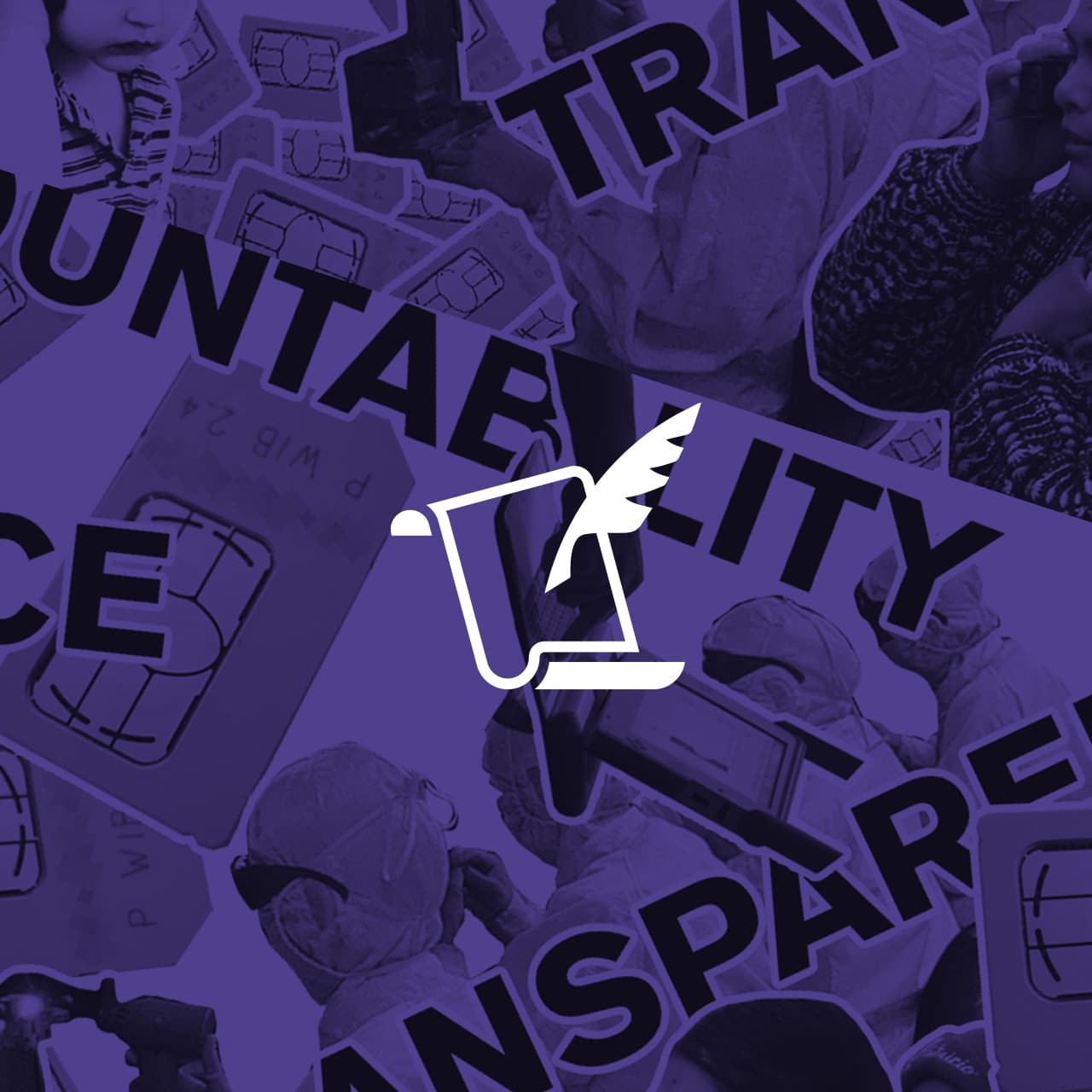
Today at Vodafone’s 31st Annual General Meeting, Access pushed the telco giant to keep its position as a leader on transparency in the industry, this time in the realm of digital security.
Through our partner organization ShareAction, a responsible investment charity, Access directed the following question to company’s Chairperson, as well as to its Chief Executive Officer: Will Vodafone speak up and take steps to ensure that its customers — in the UK and across the world — can use its networks securely, without the fears of backdoors or the weakening of encrypted communications services?
The company’s Chairperson Gerard Kleisterlee responded by extolling privacy, the role of encryption, and the need for interceptions to be in line with principles of legitimacy, necessity, and proportionality. The Chair did not make a public commitment to protect access to encryption, and put responsibility on governments to decide the limits on interception, but pledged to continue working with civil society to shape those rules.
Leader in transparency
Last year, Access commended Vodafone on the groundbreaking Law Enforcement Disclosure Report of 2014. Since then, many telcos have followed Vodafone’s lead, reporting on their policies and practices respecting privacy and free expression online. We also participated in Vodafone’s 2014 annual shareholder’s meeting, drawing attention to governments who enjoy direct access to its networks.
Evidenced by the company’s 2015 report, Vodafone continues to lead in telco transparency reporting. It launched new principles on freedom of expression, acknowledged the growing use of encryption, and addressed the convergence between content providers and telcos. But it also made statements warning that encryption makes blocking and filtering technologies less effective, potentially encouraging governments to limit strong encryption. Find our full analysis of that report here.
Vodafone has taken steps to roll out more secure products in some markets, and we salute these efforts. Encryption enables companies to better protect their customers, and users to more freely connect online.
Yet we cannot ignore the statements from some government officials threatening to ban encryption. Prime Minister David Cameron in the UK has suggested that no one should be able to communicate without an opportunity for government interception, a statement troublingly similar to regressive proposals that have been made by other agencies across the world.
It was with this in mind that we asked the Vodafone leadership to clarify their position on government proposals similar to the UK Prime Minister’s suggestion.
Vodafone’s reply
The Chairperson responded by calling the right to privacy of the company’s customers the highest priority. The Chair recognized the role encryption can play in securing this right, but also that it was up to governments and parliaments to determine the extent of access to communications.
Encouragingly, the Chair referenced the need of communications interceptions to be in line with principles of legitimacy, necessity, and proportionality, as well as the need for transparent instruments of oversight. Finally, the Chair expressed Vodafone’s willingness to engage with all stakeholders in finding the solution to balance security concerns with those of digital rights.
Concluding remarks
As Access’ Executive Director Brett Solomon noted in a recent op-ed, “Encryption tools and technologies are the best way to ensure that we can communicate safely and securely, and that our personal information stays out of the hands of the wrong people. It makes us all safer.” The corporate sector has a role to play. In another op-ed from last week, Solomon clarifies how companies and their investors can be allies in our strategy to effect change in the information and communication technology sector.
Access will continue participating in AGMs to demand that Board members consider their impact on digital security as a fundamental business concern, and we invite more companies to open up to civil society and investor input on digital rights.
